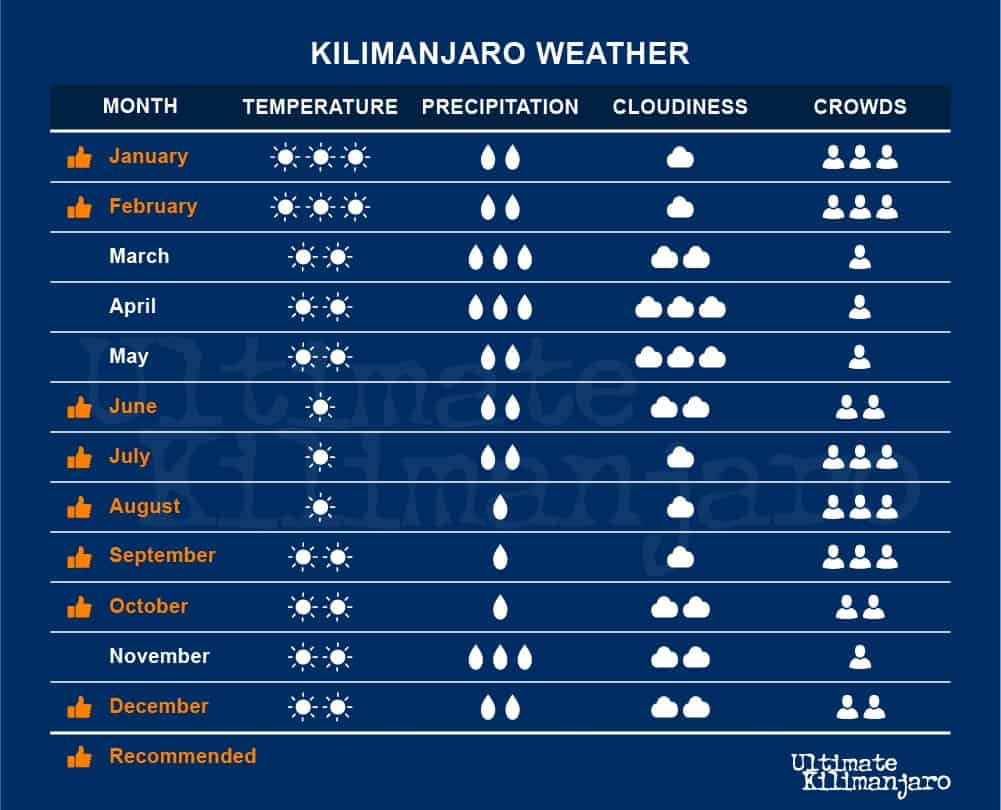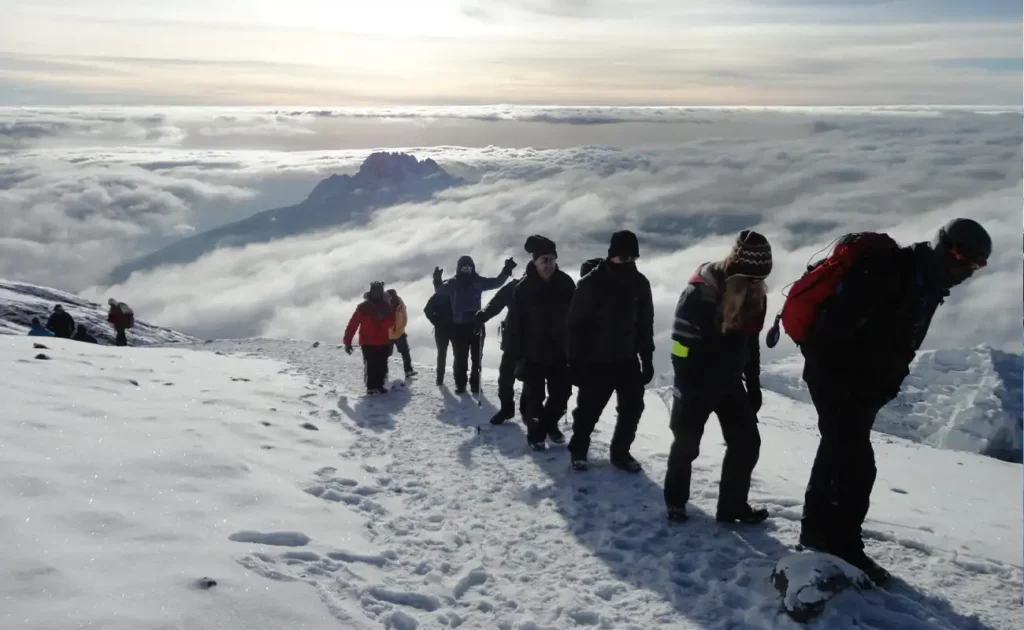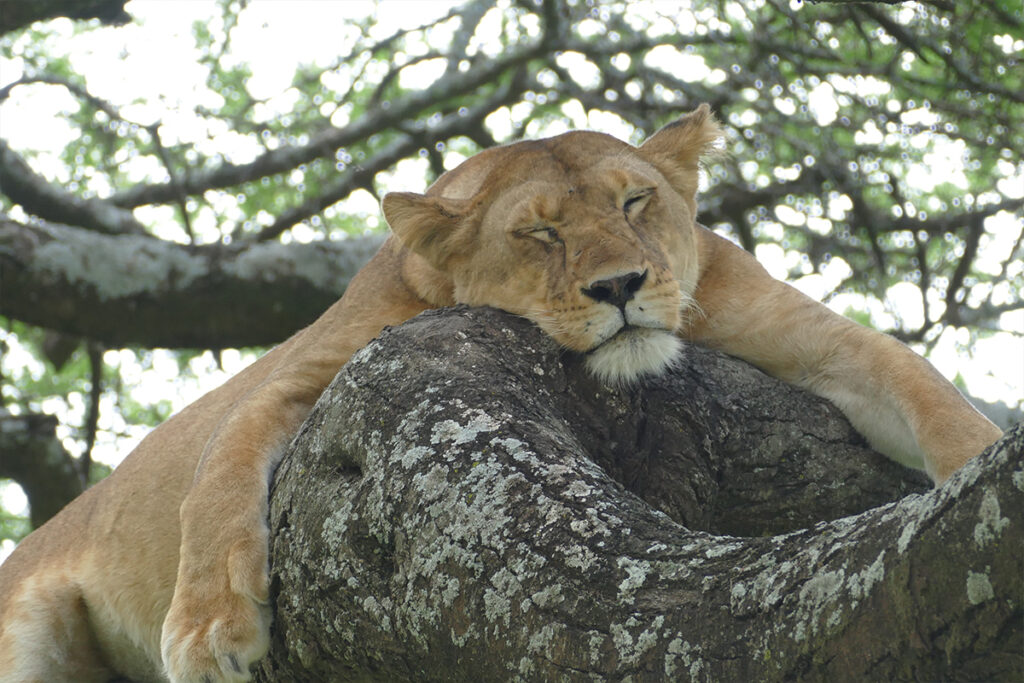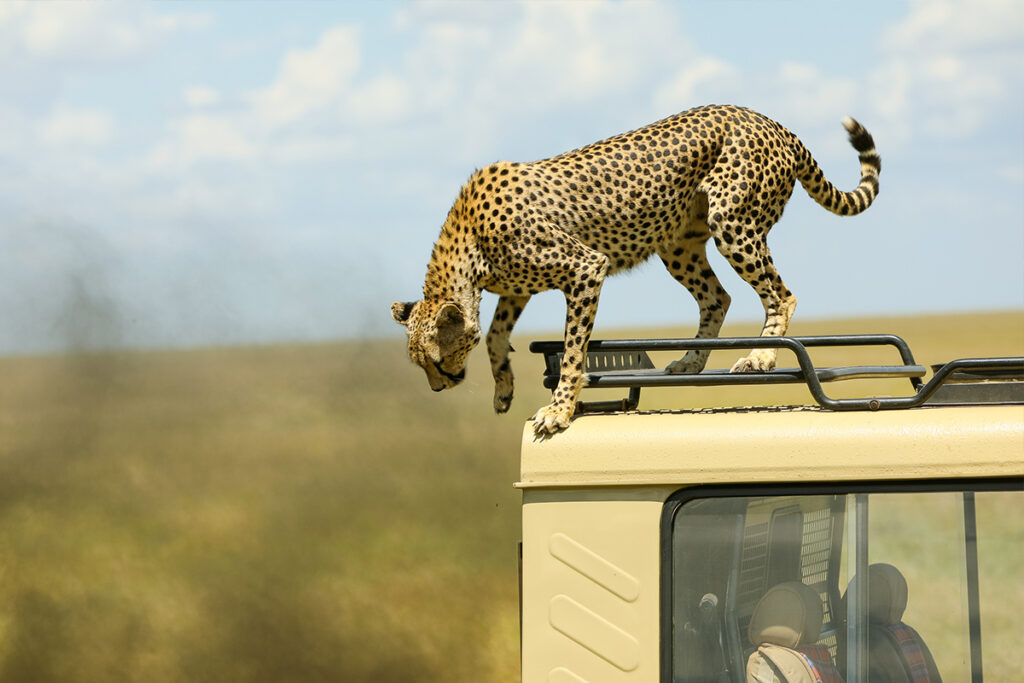
Advantages of Planning Your Kilimanjaro Climb 6–9 Months in Advance
Planning your Kilimanjaro climb 6 to 9 months ahead allows you to secure your spot during peak seasons. These times are popular, and spots fill up quickly. By booking early, you get to choose your preferred dates and routes. This means a more enjoyable and tailored experience. It reduces the risk of last-minute disappointments too.
Having ample time for physical preparation is another benefit. Climbing Kilimanjaro requires a good level of fitness. Training in advance helps you build stamina and strength. You can gradually increase your physical activities. This will make your climb more manageable and enjoyable.
You also get access to better deals on flights and accommodation. Early bookings often come with discounts. This can significantly reduce your overall costs. Plus, it gives you more options to choose from. So you can find the best deals that suit your budget and preferences.
A longer planning period allows you to handle vaccinations and visa arrangements. These are crucial for your health and safety. Some vaccines need multiple doses spread over several months. This timeline ensures you meet all the health requirements. Plus, it gives you peace of mind knowing everything is sorted.
Securing Your Spot During Peak Seasons
Securing your spot during peak seasons for climbing Kilimanjaro is crucial. These times are usually between June to October and December to February. Many climbers aim to trek during these months because of favorable weather. Booking 6-9 months in advance ensures you get a place. It avoids the stress of last-minute arrangements.
Booking your climb early also has other perks. It lets you choose from the best routes available. Popular routes can fill up fast, especially during peak times. By planning ahead, you have a better choice of group sizes too. This means a more personalized and enjoyable experience.
Waiting until the last minute can result in limited options. Less desirable dates and routes might be all that’s left. You may also face higher prices. Operators can charge more for last-minute bookings. It pays to be proactive and secure your spot early.
Booking in advance also helps with travel logistics. You’ll have more flight options and can snag the best deals. Accommodations near Kilimanjaro can book up quickly during peak seasons. Planning ahead ensures you find suitable places to stay. It makes your overall trip smoother and more enjoyable.
Ample Time for Physical Preparation and Training
Giving yourself ample time for physical preparation is key for a successful Kilimanjaro climb. The mountain’s altitude and terrain can be challenging. Training several months in advance helps your body adjust. You can build stamina and increase your fitness levels gradually. This preparation reduces the risks of altitude sickness and fatigue.
A well-planned training schedule can make a big difference. It allows you to incorporate various types of exercises. Some ideas include cardio workouts, strength training, and hiking. You can mix up gym sessions with outdoor runs. Including variety makes training more enjoyable and effective.
Consistency is important when preparing for such a climb. Training over time builds your body’s endurance. It also helps you get used to wearing hiking gear. You’ll feel more comfortable and confident on the mountain. This mental preparation is just as important as physical fitness.
Besides fitness, you need time to acclimate to hiking conditions. Taking weekend hikes can help simulate the climb. It lets you test your equipment in different weather. You get to know your limits and work on improving them. This hands-on approach ensures you’re fully prepared.
Flexibility in Choosing Preferred Routes and Itineraries
One great advantage of planning your Kilimanjaro climb in advance is the flexibility in choosing routes. Kilimanjaro offers several routes, each with unique features. Early planning allows you to select the best one that suits your experience level and preferences. You can choose longer routes for better acclimatization. This enhances your chances of reaching the summit successfully.
Popular routes like Marangu, Machame, and Lemosho tend to fill up quickly, especially during peak seasons. Booking 6-9 months ahead means you get the dates and routes you prefer. This allows you to enjoy the climb with fewer crowds. The experience becomes more personal and rewarding. Your journey will be more enjoyable and memorable.
Flexibility also means you can tailor your itinerary to fit your schedule. Whether you want a shorter adventure or a longer, more leisurely climb, early booking makes it possible. You can add extra days for rest and acclimatization. This not only improves your success rate but also enhances your overall comfort.
Additionally, you have more control over the pace and timing of your climb. You can start on a specific day that’s ideal for you. This is particularly important if you are traveling with a group. Coordinating everyone’s schedules is easier when you book early.
Your choice of itinerary can include special add-ons. For example, you might want to do a wildlife safari before or after the climb. Planning in advance makes it easier to include these activities. It turns your trip into a complete adventure full of diverse experiences.
Finally, advance booking helps you avoid any last-minute stress. Knowing your route and itinerary are set gives you peace of mind. You can focus on enjoying your journey. The anticipation builds excitement and makes the entire trip more gratifying.
Better Deals on Flights and Accommodation
Planning your Kilimanjaro climb 6-9 months in advance often leads to better deals on flights and accommodations. Airlines usually offer lower prices for tickets booked well before the travel date. This allows you to save money on your journey to Tanzania. Having more money to spend on other parts of your trip enhances the overall experience.
Besides flights, early bookings can also secure discounts on accommodations. Hotels and lodges around Kilimanjaro often provide special rates for early birds. By booking early, you can nab these deals. It means staying in comfortable places without blowing your budget. You also have a wider choice of rooms and amenities.
Booking early gives you more flexibility with lodging options. Whether you want to stay in a luxury hotel or a cozy guesthouse, planning ahead opens up all possibilities. Finding the right place that matches your preferences becomes easier. This makes your stay before and after the climb much more pleasant.
Waiting until the last minute can limit your choices. During peak climbing seasons, accommodations fill up quickly. Booking late may lead to higher prices. Availability can become scarce, forcing you to settle for less desirable options. Avoiding this hassle is a significant benefit of early planning.
Additionally, early bookings help with coordinating your travel itinerary. You can align your flight and accommodation plans seamlessly. This ensures a smooth trip from start to finish. Fewer last-minute changes mean less stress and more enjoyment. You can focus on the adventure ahead rather than logistical worries.
Overall, securing better deals on flights and accommodation enhances your Kilimanjaro experience. It allows you to allocate your budget wisely. This financial freedom can be used for other exciting activities or gear. Early planning makes your trip more comfortable and memorable.
Adequate Time for Vaccinations and Visa Arrangements
Having adequate time for vaccinations and visa arrangements is essential for a smooth Kilimanjaro trip. Some vaccinations need to be done months before your departure. Planning ahead ensures you meet all health requirements. Not all vaccines work immediately, some require multiple doses. This timeline helps you complete the necessary procedures without rush.
Getting the required vaccinations protects you from illnesses. Recommended vaccines for Tanzania might include hepatitis A, hepatitis B, and typhoid. Your healthcare provider can offer advice based on your specific needs. It’s also important to stay updated on any new travel health advisories. This proactive approach ensures your safety throughout the journey.
Visa arrangements are another crucial aspect of travel planning. Different countries have varying visa requirements for Tanzania. Researching these requirements well in advance is necessary. It allows you to gather all the necessary documents. This prevents any last-minute stress and delays.
Planning your visa application early can save time and money. Some visas might be processed quickly, while others take longer. Knowing the timeframe helps you avoid expedited processing fees. It also gives you peace of mind knowing your travel documents are in order. This makes your travel plans more secure and enjoyable.
Many countries require proof of vaccinations for entry. For Tanzania, a yellow fever vaccination is often needed. Having time to get this and any other necessary shots is vital. Keeping vaccination records up to date is crucial. These records might be checked at various points during your travel.
Early planning also allows you to handle any unexpected issues. If there are complications with vaccinations or visa applications, you have time to resolve them. This extra buffer ensures all preparations are thorough. Your journey to Kilimanjaro will be smooth and worry-free.
Risks and Challenges of Last-Minute Kilimanjaro Bookings
Booking your Kilimanjaro climb at the last minute can pose significant risks and challenges. One major issue is the limited availability of spots. Popular routes and peak seasons tend to fill up quickly. This leaves you with fewer options for dates and itineraries. You might end up settling for less ideal conditions.
Finding suitable accommodations on short notice can be tough as well. Hotels and lodges near Kilimanjaro often reach full capacity during busy times. Last-minute bookings may force you to stay farther away, increasing travel hassles. Additionally, you might face higher prices due to limited choices. Early bookings often come with discounts that late planners miss out on.
The quality of guide services can also be affected by last-minute arrangements. Reputable guides and porters are usually booked well in advance. You might have to go with less experienced or less reliable operators. This can impact your safety and overall experience on the mountain.
A lack of adequate preparation time is another challenge of last-minute bookings. Physical training for a Kilimanjaro climb typically takes several months. Without proper preparation, you increase the risk of altitude sickness or injury. Adequate training improves your chances of a successful summit attempt.
Managing travel logistics like flights and visas under time pressure can add stress too. Finding affordable flights on short notice can be difficult, especially during peak seasons. Visa applications may also take longer than expected, causing potential delays in your travel plans.
Your packing list might suffer as well if decisions are made in a hurry. Essential gear like hiking boots, clothing, and equipment need careful consideration and possibly testing before departure.
This ensures comfort and functionality during the climb.
Rushed packing can lead to important items being forgotten or left behind.



